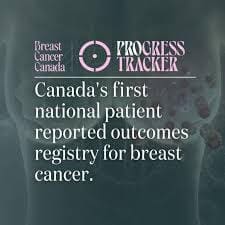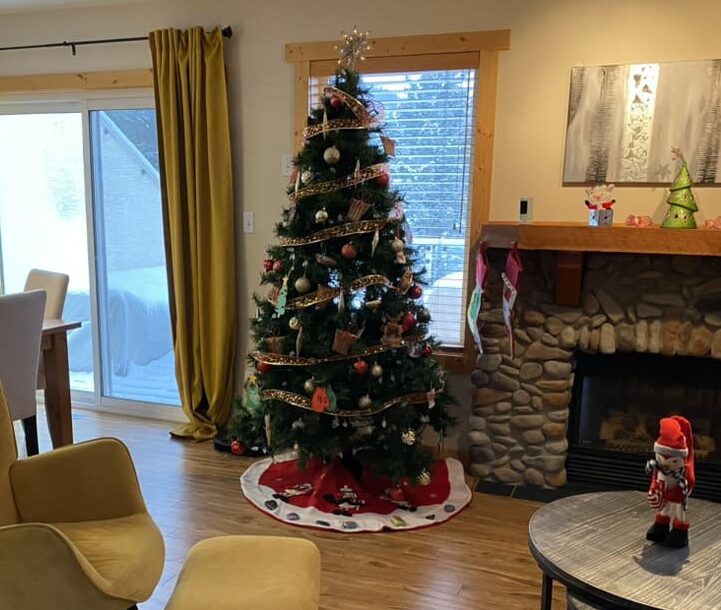Patient advocacy is a thing in cancer land y’all. That said,I have some very strong opinions on one critical element; the use of the term patient itself.
William Osler (revered as one of the four founders of modern medicine) once preached “see the person, not the patient,” but not everyone in medicine or in the world of cancer research got the message. Patients for too long had been regarded as walking diseases and conditions to be examined, patched up and discharged. We were (and in some cases still are) a thing.
The concept of patient advocacy and engagement has matured over the last decade or so. Most pharmaceuticals now have heads of patient engagement, responsible for infusing the voice of the patient into research work and decision-making. There are consulting firms that specialize and advise healthcare providers, payers and manufacturers on best practices surrounding patient engagement and who rally the patient troops to render their opinions in an organized way. Patient advocates are invited to medical and research conferences, asked to sit on panels, judge, and even in some cases, submit posters.
In the spirit of cooperation, I will play this game. If it means moving the needle even a little bit I will happily do all the things outlined above. It is a good thing that providers, payers and manufacturers want to hear what we have to say, and I am especially enthusiastic if our input drives actual change for the better.
Why I hate the term patient
But here it is. I hate the use of the term patient.
Here’s why.
I am a writer and a word nerd. As a good friend and colleague of mine likes to say, “Words create worlds.” So I like to dig into the definition and derivation of a word when I am trying to find the right fit and meaning.
The English noun patient is derived from the Latin word patiens. By definition, it means “one who suffers.” Now, certainly, those who are in active care for whatever – a car accident, a heart attack, or a cancer diagnosis – do their share of suffering. However, among the community of people openly share their experience, who have chosen to speak up and to do advocacy work, I see little suffering. Heck no. These people are quite the opposite. They are resilient, hard-working, persistent, active champions and motivated change makers.
I was a patient for 265 days from the time I was diagnosed with breast cancer through to the time when I finished radiation and banged the gong. I am occasionally a patient again when I return to hospital for a day for my oncology check-up and my Zometa infusion. Even today, post-treatment I only take two medications. I feel and I am healthy as a horse. The majority of my days I am Ellyn. I am not a patient. I am not suffering. Ok, maybe a bit after a day in high heels but that is another matter entirely.
I am not alone in my thinking by the way. Not everyone is comfortable with the use of the word patient — even for those individuals in active care. Here’s a piece that talks to that discomfort.
We aren’t all suffering
Patient, by definition, also means able to accept or tolerate delays, problems, or suffering without becoming annoyed or anxious.
Um, isn’t that the exact opposite of what we are doing as advocates?
Hence the other big problem I have with the word patient as a label for those who give their time and energy to do advocacy work. It creates a power imbalance. I was at a research conference recently. I was invited to attend in the capacity of a patient advocate. The executive director in his closing remarks paid tribute to myself and the other “patients” in the room by exclaiming in wonder “Who knew? Patients are smart people!”
I know it was expressed with the best of intentions and as an expression of gratitude. But seriously, good grief. One in two of us will get cancer in our lifetime. I am pretty sure smart people don’t get a hall pass.
The power imbalance is already a very real thing in the doctor/patient relationship. You don’t typically dare to call your physician by their first name. I tried with my oncologist. Let’s just say it didn’t go over well. Women and individuals from traditional cultures feel this power imbalance even more acutely. We are conditioned in life to not challenge or question authority. Unfortunately, some doctors can and do take advantage of that power position.
The term “patient” applied to those who do advocacy work is not only a misnomer. I feel it maintains that us vs them power dynamic where those from the healthcare and research world are somehow superior to those who have been at some point a patient. It is as if we are weakened by the disease that picked us. Now, I will tell you it is quite the opposite. Cancer people are some of the toughest, most resilient, darkly funny badasses I know. We have picked ourselves off the floor after moments of tremendous despair, we jettison body parts to cut out and off disease (hi, boobless over here), we have nurses wearing hazmat suits inject poison into our veins, and we proudly go about our days rocking the bald.
I don’t know what the right word is for what I and others like me are doing. But I will say don’t settle. Don’t accept token gestures around patient advocacy. Don’t be forced into a mold someone else has built for you. Don’t allow others to put you on a lower rung.
The healthcare system needs our unadulterated voices. They need to hear from health rebels who dare to say, “The way you are doing things is wrong. It doesn’t serve us.
They don’t need patients. They need impatient partners.
And by the way, we aren’t suffering and we sure as hell aren’t tolerant.




